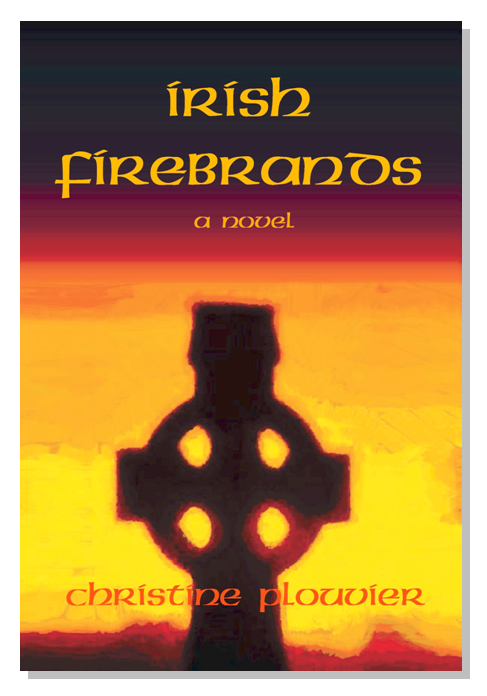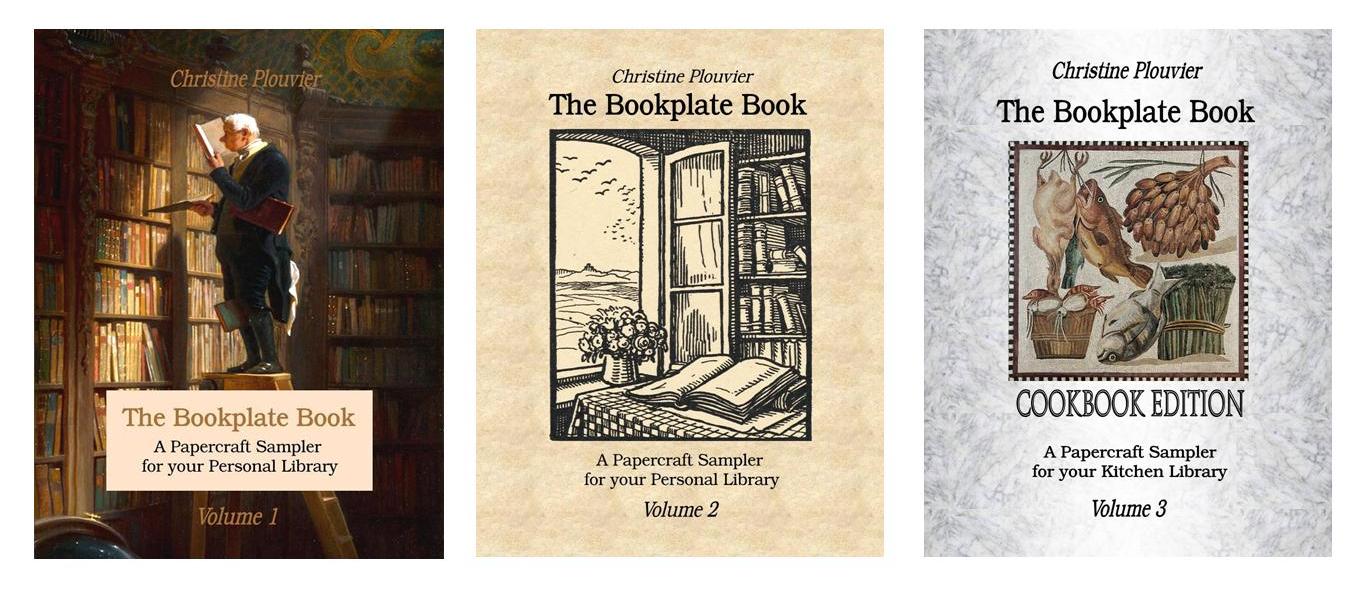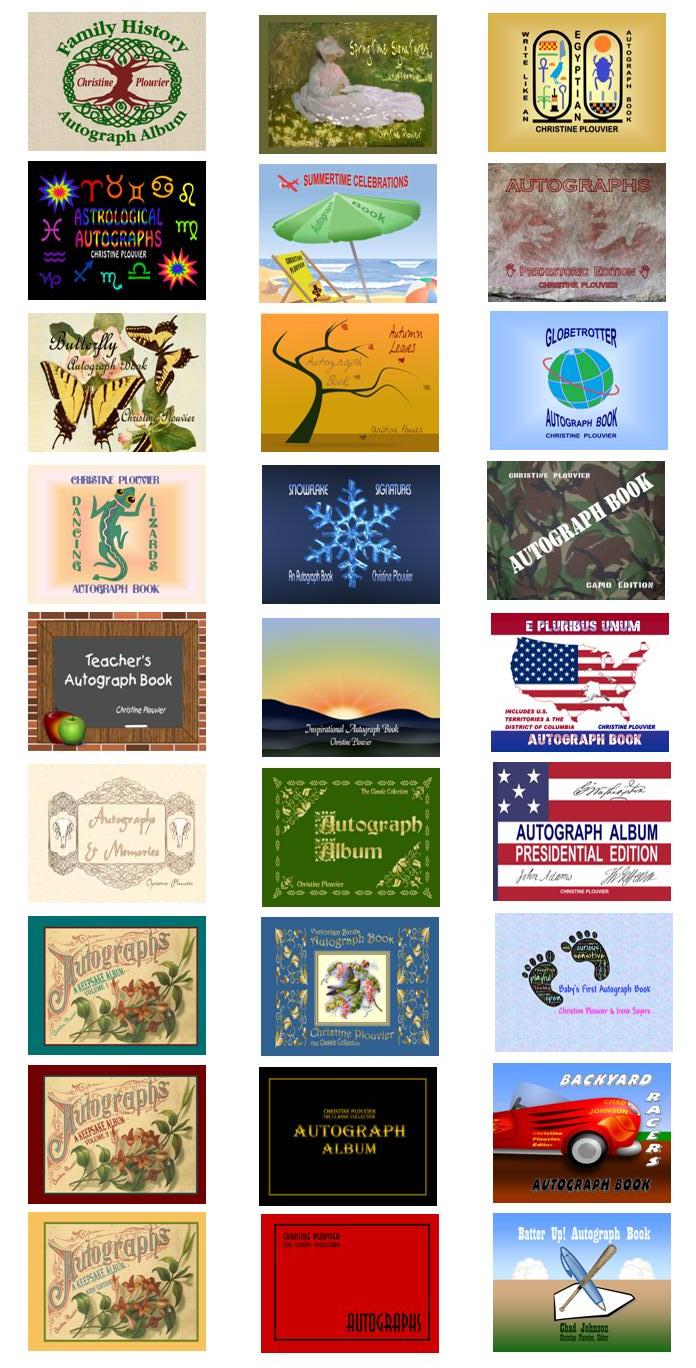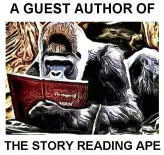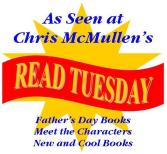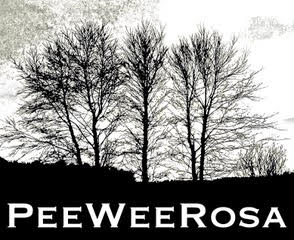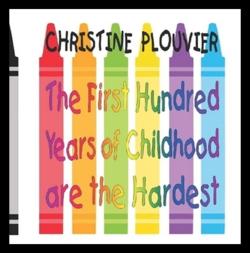While using Maslow’s Hierarchy of Needs to analyze the effects of the ill-advised social and economic lockdown tactic under which we’ve been suffering for many weeks, it occurred to me that the challenge of writing plausible fiction about realistic characters could also benefit from application of the same paradigm.
Change: The foundation of character development and story arc movement.
If change does not occur to fictional characters, their story will go nowhere. In my post “Spare Change“, I showed how to evaluate the general extent of change that characters must experience in their personalities or their motivation, by using a tool called a Punnett Box.
Today’s post uses Maslow’s Hierarchy to illustrate the layers of the human condition which form the motivation for behavior.
The pyramid is a study of drive. Each layer of the pyramid contains elements that must be reasonably satisfied before a person can turn full attention to satisfying the needs of the next higher level.
The layers are not mutually exclusive: the boundaries between them are permeable, so there can be some amount of movement back and forth between two adjacent levels. Therefore, a person can begin to experience the urgency which fuels the drive to achieve goals that support the achievement of Safety while still actively seeking to keep Physical Needs satisfied, as long as those efforts are successful.
Feeling that more advanced level of urgency is what underlies planning for the future; for example, it takes a lot of time and energy to start over afresh every day seeking food, water, clothing, shelter, and an opportunity to reproduce. Such were the daily challenges that faced people when they were still hunter-gatherers. The innovation of agriculture – first accomplished with simple digging sticks, and later infinitely enhanced by the invention of the plow – alleviated much of the uncertainty attending human existence, as better nutrition helped lower the death rate and increase the birth rate. This permitted people to better plan for the future, and to strive to thrive, not merely survive, which enabled the establishment and advance of civilizations.
The social structures that accompany the rise and evolution of civilizations can be regarded as part of the process of becoming “civilized” – essentially, the gradual “domestication” of human nature, even as human beings domesticated animals. While this “taming” of people has been defined differently during various times and in most places, and is still far from complete, the steps of the pyramid can be seen to echo the path of progress or improvement in the human condition, the struggle for which underlies all the conflict and change that must accompany character development in fiction.
Being completely pushed off the pyramid has been a perennially popular plot for three centuries: Robinson Crusoe (Daniel Defoe, 1719), The Swiss Family Robinson (Johann Wyss, 1812), The Mysterious Island (Jules Verne, 1875), The Martian (Andy Weir, 2011), and the movie Cast Away (2000) have each explored how isolated individuals or small groups of people may realistically try to solve that problem by using their bare hands, what’s between their ears, and the technology of their times. This scenario can also be a premise for stories with fantasy, dystopian or post-apocalyptic settings.
But not every story needs to challenge its characters in such a massive way. During a character’s climb up the pyramid, acquiring a longing for or losing one’s grip on a cherished goal, achievement, or state of being that appears in the Hierarchy of Needs can be the change that motivates behavior, no matter what the genre of the story. This is because the pyramid’s levels are a way of describing what can happen in the lives of real people, and the more the reader can identify with a character and his or her dilemmas, the more plausible the plot will be.




